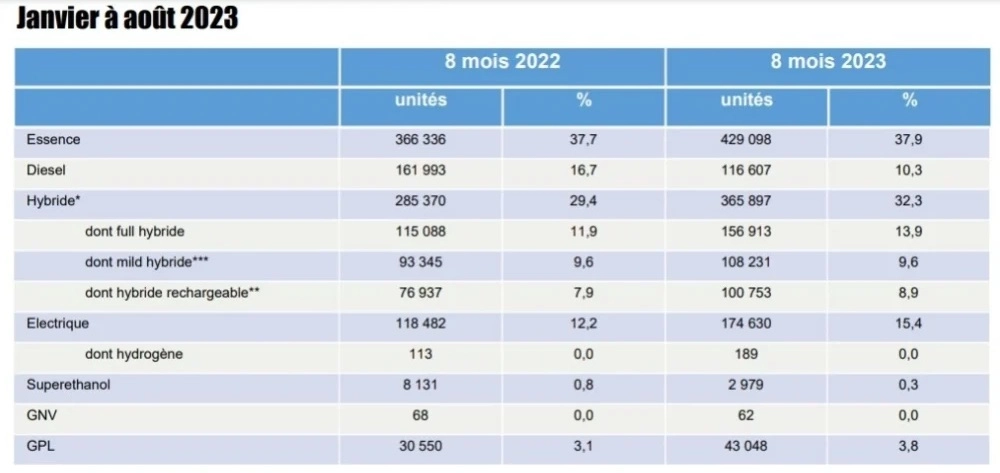The French government aims to significantly reduce carbon emissions by 2030 and achieve carbon neutrality by 2050.
In line with these objectives, President Emmanuel Macron outlined his strategy and announced measures to promote the electrification of transportation in France.
“In a few weeks, I will present the plan we have chosen. It is the famous Metropolitan RER,” said the president.
“The key is to intensify the use of public transportation, especially in urban areas,” he added.
In this regard, the government will work on expanding electric networks for passenger railway transportation.
This measure will also include “hydrogen connections” and a preferential tariff policy.
The fact is that, according to the President, trains are the preferred option for promoting mass zero-emission mobility.
It is worth noting that, on this occasion, Macron did not mention electric buses as part of the strategy.
The government’s preference for trains is due to the extensive use of the Réseau Express Régional (RER) train system.
Currently, there are 264 RER stations in the region, serving approximately 1.5 million passengers per day.
Furthermore, the effort to promote electric railways will also contribute to reducing medium-distance air travel.
“We need to make train travel more accessible and close certain air routes,” acknowledged the President in an interview with Hugo Décrypte.
He added, “We need to decarbonize aviation and change the propulsion system. This is one of the areas we need to work on.”
On the other hand, the president indicated that a “car revolution” is necessary for private vehicles.
“The transition also means a move toward electric and hybrid cars,” Macron said.
It’s worth noting that in the last month, 26% of sales were electrified vehicles out of the total in August.
Within that portion, 17% were purely electric (including hydrogen) and 8% were hybrids, according to the document published by the Filiére Automobile & Mobilité (PFA).

To accelerate the adoption of this technology, French authorities are promoting a social leasing scheme for zero-emission car rentals.
Although the program was initially planned to launch at the end of September, the start has been postponed until next year due to the lack of available models to which the program can be applied.
Read more: France hopeful about Tesla investment: “The dispute is with the USA and China”
Electrifying Transportation with Nuclear Energy?
The government acknowledged that it chose electrification as a “viable” path to carbon neutrality due to the use of nuclear energy as the cornerstone of its energy mix.
In fact, 70% of electricity production in France comes from nuclear power plants, which operate using uranium, whose atoms split in the process of nuclear fission.
This separation releases energy in the form of heat, which heats water, and that steam drives turbines to generate electrical power.
However, the application of this method is in jeopardy due to the political conflicts taking place in one of the country’s main uranium suppliers: Niger.
In 2022, Niger exported 2,400 tons of this element, representing approximately 18% of France’s imports.
Furthermore, Niger is the seventh-largest uranium producer in the world, with estimated reserves of 300,000 tons.
Following the coup that ousted President Mohamed Bazoum on July 30, exports of this element to France were suspended.
The new military junta stated that this measure is temporary and will be lifted once the political situation normalizes. However, it is unclear when that moment will occur.
The new authorities indicated that they will honor uranium extraction contracts, but some opposition groups called for the nationalization of the mines.
It is worth mentioning that Niger’s economy is heavily dependent on the production of this resource.
Read more: In France, e-mobility would develop “slowly” after eco-bonus removal







